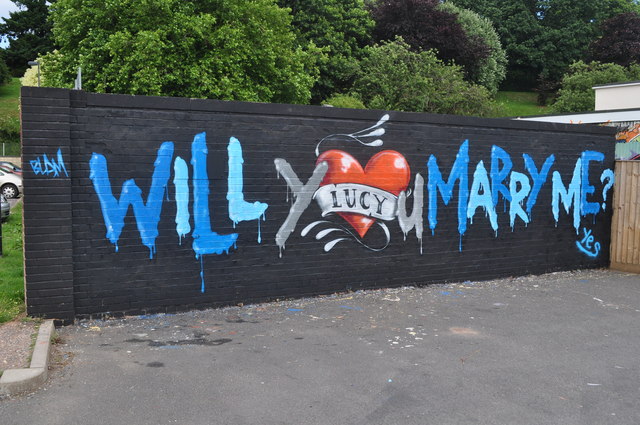Write a book proposal first, even if you’re self-publishing

Unlike traditional publishers, alternate publishing methods — hybrid publishers and self-publishing — don’t require a book proposal.
Write one anyway.
Why should you put in all the extra work to write a proposal? Why not just write the book? Here are few good reasons:
- You’re going to need everything in the proposal anyway, from a killer title to a marketing plan. There’s no waste here.
- Once you’ve written a proposal, you have the option to decide to send it to a publisher or agent and see what comes back. If they turn you down, you’ve lost nothing (and maybe gained some useful feedback). If they do make you an offer, you might decide you’d prefer to get paid that advance and have the prestige of a traditional imprint.
- Hybrid publishers like Mascot Books or Greenleaf Book Group still vet projects — most require a synopsis and elements of a marketing plan before they’ll work with you. There’s no quicker way to impress them than sending a full proposal. I’ve done this three times and gotten lightning fast acceptance each time.
- Most important reason: writing a proposal will properly prepare you to write a book. Surprisingly, doing this pre-work will save you lots of wasted effort when writing.
Why writing a proposal is essential preparation
Here’s a list of what’s in a good proposal (there’s a more detailed description here) — and why each element is helpful to do before you begin writing your book:
- Title and subtitle. Doing a title brainstorm and nailing down a perfect title is essential to setting the direction for your book. It makes the book feel real. Writing without a title is like driving without a destination — who knows where you’ll end up?
- Opening of the book. The first few pages of the proposal should be the first few pages of the book. You need an opener. Write it now.
- Main ideas. What is your book about? A good nonfiction book needs a main idea and some subsidiary ideas in a clear structure. In the proposal, you lay those ideas out — which is excellent preparation for writing chapters.
- Market and differentiation. You need to know who you’re writing to. You need to identify the competing books and determine why yours is better. Doing the research to nail that down will help your book hit the target better.
- Detailed table of contents. This is your writing plan. Until you know the arc of the book, writing is disorganized and potentially wasteful.
- Author bio. Yeah, you can write without doing this first, but you may as well assemble it. It’s good to boost your own ego before writing.
- Author platform and marketing plan. This is the biggest chunk of work you’ll do in creating a proposal, and it does nothing to advance the writing. On the other hand, if you don’t know how you’ll market the book, then you’ll have trouble getting people to read it after you publish it — and your effort writing it will have been wasted. So spend some time on marketing before you dive headlong into writing.
- Sample chapter (not Chapter 1). Every proposal needs a sample chapter that’s a typical book chapter. The best choice is whichever chapter is easiest to write. And once you’ve written it, you’ve got a template you can use to write the rest of the chapters. That’s pretty useful to get you started on the real writing.
Writing a proposal is the best way to get your head in the game. It’s about 20% of the work of writing the whole book — but it’s the 20% you ought to do first, anyway. So write the proposal first — even if you’ll never send it to a publisher.
Have you participated in my author survey yet? It’s for authors or those planning to become one. I’ll send you a copy of the compiled results when it’s done.
I couldn’t agree more with this. Five years ago, I had an idea for a non-fiction book. I wrote the proposal, and when I was finished, I didn’t even want to read it. So if I were to add a “reason #5”, it would be: “When you’ve completed the proposal (written with all of the elements Josh outlines below), you will know in your heart whether it’s worth the pursuit.” In late 2017, I wrote another proposal, fell in love with it, had publishing offers, quit my job, and the rest is history.
Well done, JB!